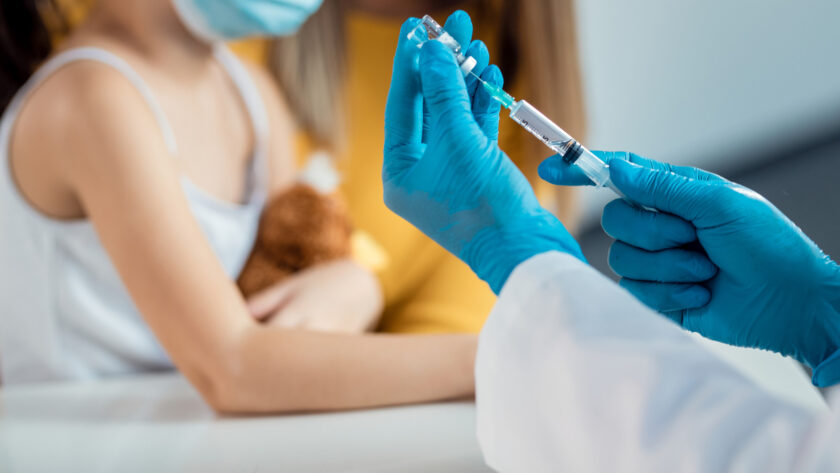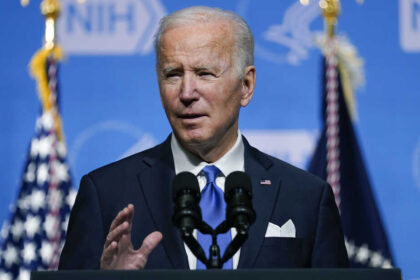The FDA has given emergency approval for the use of two covid-19 vaccines in small children. Moderna and Pfizer-Biontech vaccines are now available for use in children as young as six months. Modern previously was only permitted to be used in individuals aged 18 or more, while the Pfizer-Biontech vaccine was approved for individuals aged five years and over. Before the announcement, only children aged five years and over can get a vaccine, and the only vaccine offered to people under the age of 18 was made by Pfizer-Biontech.
Commissioner of FDA Dr. Robert M. Califf said many parents are waiting for this decision, and children up to the age of six months will now be protected, before adding “as we have seen with older age groups, we hope that the vaccine for more children Small will provide protection from the most severe Covid-19 results, such as inpatient and death. “
Earlier this year, Pfizer delayed efforts to make the vaccine permitted to be used in children under five years, while research on its effects on children is ongoing. The Pfizer and Modern vaccine has been recommended ahead of the third shot that was developed in response to Pandemi 2020 by Johnson & Johnson. Johnson & Johnson vaccine has been linked to more severe side effects, although rare, and decreased efficacy.
FDA: The benefits are greater than the risk
After making an announcement, the FDA said “Evaluation and analysis of safety, effectiveness and manufacturing data of this vaccine is tight and comprehensive.” The government agency also claims the decision was made because of the benefits of the Covid-19 vaccination in individuals aged six months and more exceeding the risk.
The FDA claimed that the Modern Covid-19 vaccine was tested in 490 children aged between six months and five years. To study the effectiveness of the vaccine, two doses are given to a total of 230 children aged between six months and 23 months, while 260 is aged between two and five years. The child’s immune response is then compared to the immune response of 290 adults aged between 18 and 25. Children receive smaller vaccine doses but show a “comparable” immune response to adults. A series of two doses of the Pfizer-Biontech vaccine were tested in 220 children, 80 of them aged between six and 23 months, while the remaining 140 were between two and five years old. Once again, children show the same immune response to the vaccinated adult control group, despite receiving lower vaccine doses.
Side effects recorded
Potential safety risks are also studied, with the most common side effects reported in the younger Pfizer-Biontech group to be “irritable, decreased appetite, fever and pain, softness, redness and swelling at the injection site.” The older Pfizer-Biontech group (2-5 years) also reported “fever, headaches, and shivering,” in addition to the previous side effects.
Moderna vaccine has a wider list of side effects, with subjects in both groups that report “pain, redness and swelling at the location of injection, fever, and armpit (or groin)/softness of lymph nodes in the same arm (or thigh ) as an injection. “The subject in a younger group (aged between six and 36 months) also reports” irritability/crying, sleepiness, and loss of appetite, “while older groups (between 37 months and five years) report” Fatigue, headaches,
pain muscles, chills, nausea/vomiting, and joint stiffness. ” FDA recognizes both and CDCs have “previously identified an increase in myocarditis (heart muscle inflammation) and pericarditis (inflammation of the tissue surrounding the heart) after vaccination with the Modern Covid-19 vaccine and Pfizer-Biontech Covid-19 vaccine” in the younger age group. However, there has not been reported there are cases of myocarditis or pericarditis in groups used to study vaccine safety in children aged between six months and five years. The FDA has confirmed that children who participate in this study will continue to be monitored for side effects, including myocarditis and pericarditis.





